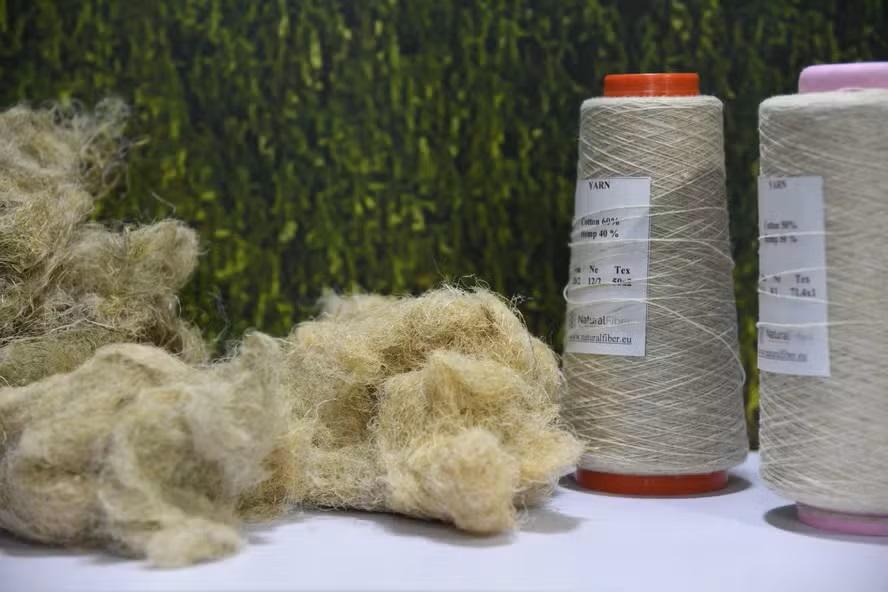The following article was originally published in Portuguese in the newspaper O Globo on November 25, 2024.
The recent decision by Brazil’s Superior Court of Justice (STJ) to authorize the importation of seeds and the cultivation of hemp for medicinal purposes represents a milestone in the country’s drug policy. While this ruling opens doors for the economic and therapeutic use of the plant, it must be critically analyzed as it still contains limitations that demand review.
The authorization specifically pertains to hemp, a variety of the Cannabis plant that does not produce psychotropic effects due to its low tetrahydrocannabinol (THC) content—the psychoactive compound responsible for the mind-altering effects associated with recreational cannabis use. However, the ruling restricts production to pharmaceuticals and medicinal products, excluding other potential industrial uses such as fibers, textiles, bioplastics, and construction materials.
This limitation contradicts the 1961 Single Convention on Narcotic Drugs, to which Brazil is a signatory. The convention explicitly exempts industrial hemp (fiber and seed) from the restrictions applied to various narcotic drugs. Article 28, Paragraph 2 of the Convention states:
— “This Convention shall not apply to the cultivation of the cannabis plant exclusively for industrial purposes (fiber and seed) or horticultural purposes.”
Ironically, this convention was regulated in Brazil through Decree No. 54,216 on August 27, 1964, signed by then-president Castello Branco during the military regime. Therefore, limiting the importation and cultivation of hemp to the production of medicines and pharmaceuticals seems entirely misguided and could spark another round of legal disputes.
The STJ’s decision also delegates the responsibility for regulating cultivation to the National Health Surveillance Agency (Anvisa), requiring the publication of guidelines within six months. Legal uncertainty will persist until such regulations are defined, jeopardizing recent progress. Companies interested in cultivating and processing industrial hemp are awaiting these regulations with great anticipation, as the absence of specific legislation in Brazil has prevented this market from flourishing, hindering its economic and social potential.
Globally, the hemp market is growing rapidly, driven by the plant’s sustainable applications—from bioplastics and textiles to hempcrete, an eco-friendly alternative to traditional concrete. Countries like Canada and the United States have already demonstrated the economic and environmental opportunities of this crop, positioning hemp as a transformative industry. Brazil, with its vast agricultural potential, could emerge as a global leader in sustainable hemp production. However, the restrictions upheld by the STJ overlook this potential, confining hemp to a narrow niche instead of leveraging its broad and strategic possibilities.
Fully and securely implementing this decision depends on regulations that protect the rights of companies and patients to access medicinal cannabis products—already regulated by Anvisa under Collegiate Board Resolution (RDC) 660, which allows patients to import cannabis-based products. However, recent lobbying by segments of the pharmaceutical industry to reverse these regulations poses a threat to the democratic access to safe medicinal treatments. Restricting hemp to medicinal use alone represents an insufficient and underutilized step for a country with Brazil’s unique biodiversity and agricultural capabilities.
It is crucial to move forward with a broad and restorative vision for hemp. Legal security and an open market must be ensured to harness all the sustainable and economic opportunities this plant offers.
Patrícia Villela Marino is the president of the Humanitas360 Institute and a member of the Economic and Social Development Council of the Presidency of the Republic and the National Council on Criminal and Penitentiary Policy at the Ministry of Justice.
Ricardo Anderáos is a journalist and executive director of the PDR Philanthropic Fund.





